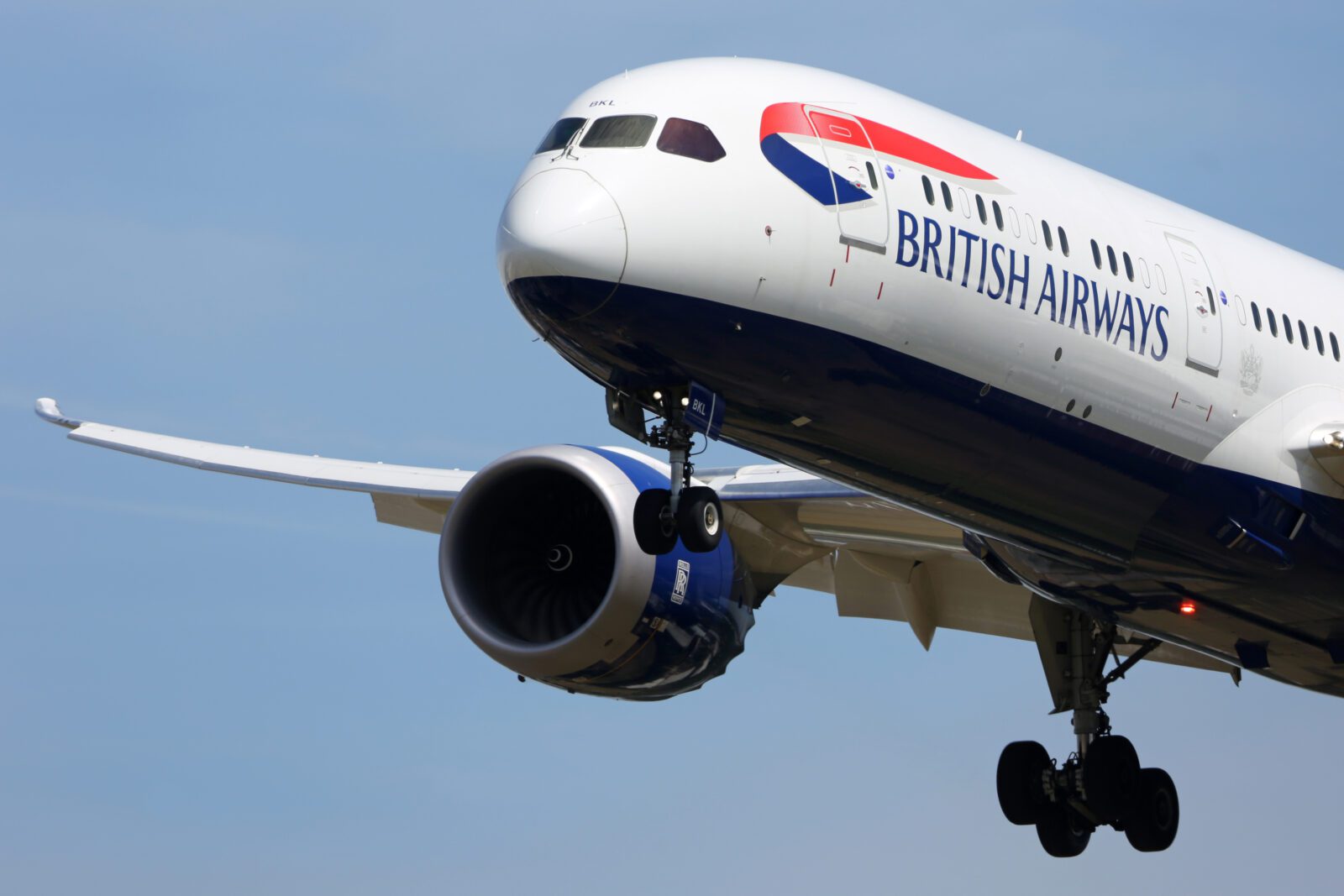
British Airways has blamed aircraft engine manufacturer Rolls-Royce, as well as air traffic control delays, for its latest set of flight cancellations amid continuing disruption for the Heathrow-based carrier.
In a new memo to employees, the airline’s chief operations officer, Rene de Groot, said problems at Rolls-Royce were forcing it to ground Boeing 787 Dreamliners over the next ten days while it waited for spare parts to be delivered for the Trent 1000 engines.
De Groot said in the memo: “We’ve apologised to customers and thankfully are able to offer the vast majority a flight the same day, either travelling with us or one of our partner airlines.”
“We’re sorry for the impact that this is also having on you. We continue to work closely with Rolls-Royce to ensure the company is aware of the impact its issues are having on our schedule and customers, and seek reassurance of a prompt and reliable solution.”
The issues came to light the day after de Groot said British Airways had suffered “one of the toughest days we and our customers have faced for many months.”
“Last night saw us contending with strong winds, low visibility and repeated bands of torrential rain across the London Traffic Management Area and the surrounding area which resulted in lengthy delays to all airlines’ flights departing and arriving at Heathrow,” the embattled COO explained.
“Unfortunately, a number of aircraft yesterday evening couldn’t get timely air-traffic clearance to depart. The primary driver of this was air-traffic delays to departing flights, which left us with no choice but to cancel those flights at late notice, which is never a situation we want to be in.”
According to British Airways, 42% of all flights operated by the carrier this year have been disrupted by regulations put in place by air traffic control. That’s a significant increase from the 24% of flights that were disrupted for the same reason in 2019.
“We’re working with Nats (the air traffic control service) to learn lessons from our recent experiences so that together, we can build additional resilience for our customers and you, our colleagues,” de Groot’s memo continued.
The memo, however, insisted that the airline has implemented a number of measures and made changes to its operational plan over the last 12 months that have reduced the disruption.
Related
Mateusz Maszczynski honed his skills as an international flight attendant at the most prominent airline in the Middle East and has been flying ever since... most recently for a well known European airline. Matt is passionate about the aviation industry and has become an expert in passenger experience and human-centric stories. Always keeping an ear close to the ground, Matt's industry insights, analysis and news coverage is frequently relied upon by some of the biggest names in journalism.







